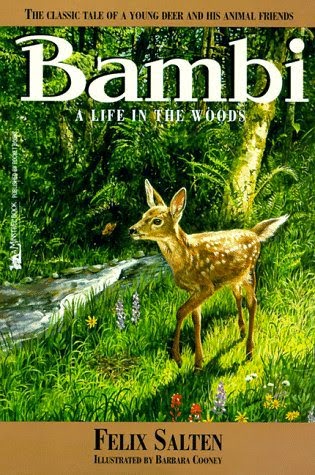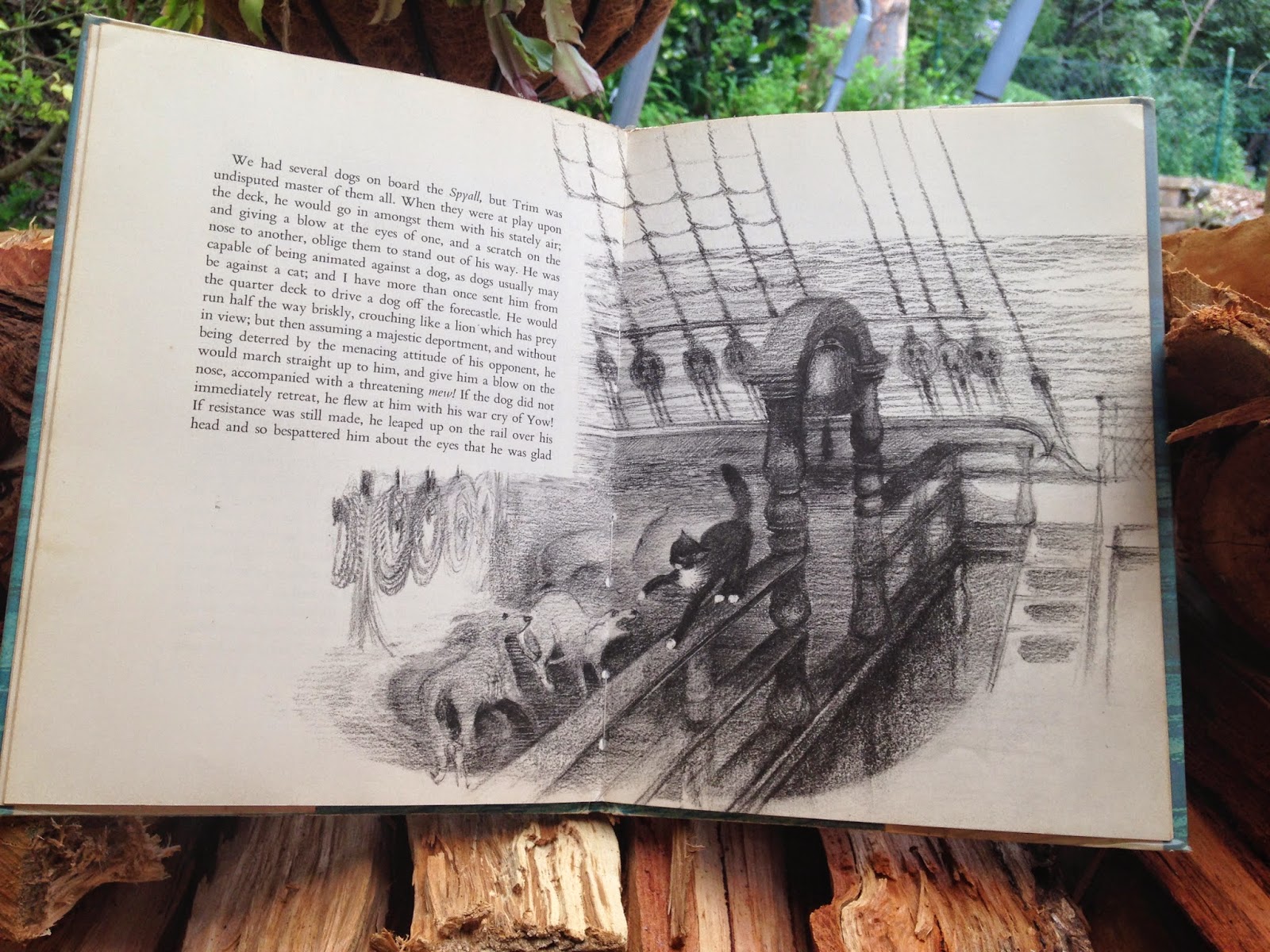I originally posted this two and a half years ago when Zana was in her second year of university. She graduated at the end of last year and this week she started teaching a Year 6 class. Well done, my lovely girl. You've worked hard and will make a wonderful teacher!
Looking down the mountain after a hard climb - Mt Kosciusko, New South Wales
An unedited post from my 19 year old daughter, Zana, our third child:
So I have just finished uni for the semester and my mother has finally managed to corner me into writing something for her blog. Looking back on my home-schooling experience is interesting now that I’m in my second year of uni. I guess now I’ve had a fair amount of experience with something other than being home-schooled to give myself another perspective. I’m studying primary school teaching which is somewhat ironic considering my own education, but it’s what I enjoy and feel called to do.
The thing I loved most about being home-schooled was the freedom to focus on the aspects of learning that I loved. An example of this was my music. In year 12, I was spending around 15hr a week on average either playing or studying music. If I had an HSC work load, this would have been very difficult. I also really appreciate the fact that I was encouraged to read and to love books. I didn’t do much formal history throughout school. Instead, I just read books…probably hundreds of them all up…simply because that was the way I liked to learn. I’m doing an English major as part of my uni degree and I love it. I find that even if I absolutely hate a text, I can still enjoy studying it. I also appreciate the fact that I never thought of friendships as being ‘restricted’ to my own age group like many people I know did while school-aged. My best friend is a year & a half older than me and my friends are a wide variety of ages. On the more trivial side, I am not a morning person at all…so not having to get up early to go anywhere was definitely a positive!
My mum is not the most organised person on planet earth. Throughout high school, I scheduled my own work and managed almost everything for myself. I was also encouraged to think for myself and not accept things at face value. I liked this sense of independence, and it’s served me very well at university. A lot of my friends who went to school complained about it being hard to adjust to uni. I haven’t had any issues with the workload or style of learning and it really hasn’t required a lot of adjustment. I may have been the ‘most hated/envied’ person amongst my friends for not doing the HSC, finishing school 6 months earlier than everyone else, and studying online uni units for the rest of the year. I think the HSC places far too much stress on students and I have no regrets about not doing it!!
I do think that home-schooling parents have a tendency to shelter their children from the real world to a certain extent. However, if they make that extra bit of effort with social activities, I think home-schooling can be very positive. There are a lot of things about school that I’m not sorry at all to have missed out on. I think I would have enjoyed the social side and things like group sports; however, I got involved with similar things outside of my home as well. Personally, I think I might have disliked home-schooling if it weren’t for the fact that we have a big family. However, that may have something to do with the fact that I would probably go mad having all the attention on just me all the time. I like my independent learning!
There was a stage in my early teens when, if given the choice, I would have picked going to school over being home-schooled and if you’d asked me whether I’d home-school my own kids the answer would have been no. To be perfectly honest, however, that was more to do with the social side of things, and once I joined an orchestra, started playing futsal and started going to a youth group, that desire disappeared.
I am thoroughly enjoying my teaching degree and I am looking forward to teaching in the school system. I have no intention of being a conservative teacher and I may turn a few heads with my ‘interesting’ ideas, but if anything, I think that my lack of ‘school experience’ will serve me very well. I don’t feel the need to teach in certain ways just because that’s how everyone else does it. What I want is for kids to come away from my classes with a love for learning and for books and the recognition that school doesn’t have to be a boring place to be.
So, would I home-school my own kids in the future?? I would definitely consider it. I think there are inherent issues in the way schools are run and how students learn & are taught in them. However, I am not anti-school. Personally, I think it’s more an issue of the teacher.














